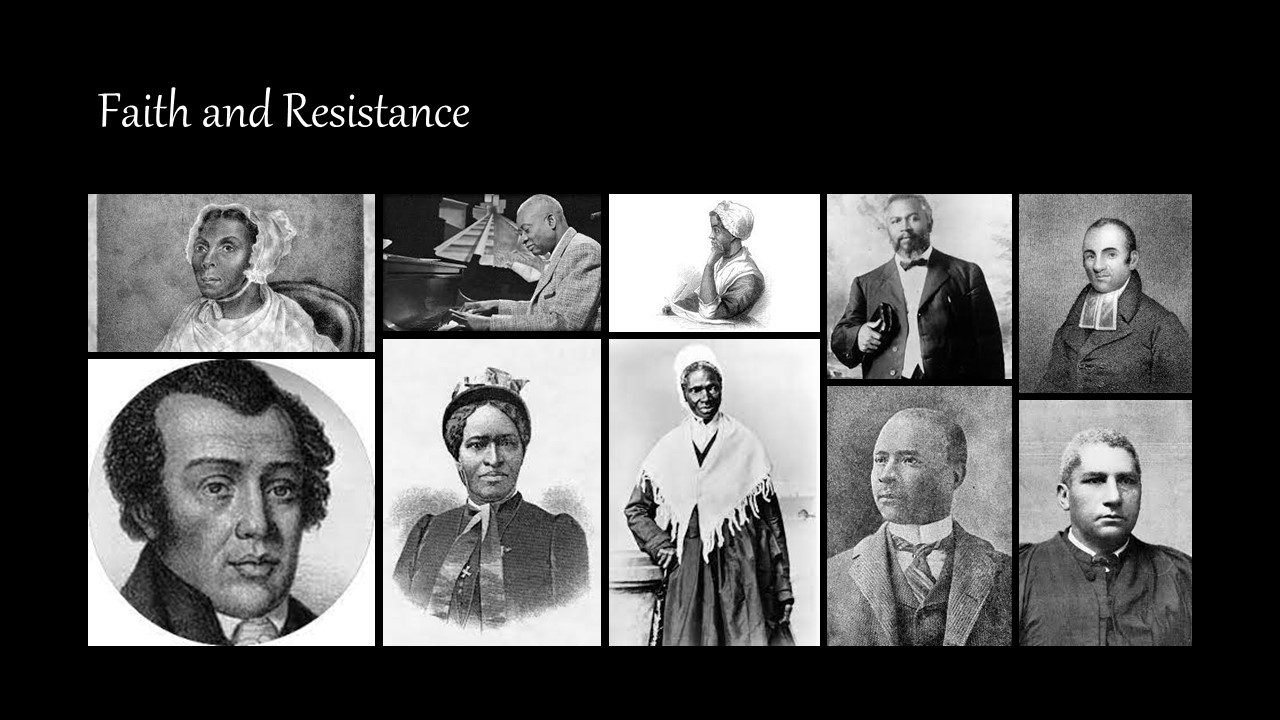The Gospel of Luke offers a distinct and illuminating portrait of Jesus, showcasing aspects of his identity, teachings, and ministry not found in the other Gospels.
Luke's detailed birth narrative, including the census, the angels' announcements, and the shepherds' visit, underscores Jesus' divine purpose and his connection to the humble and marginalized. His account of the young Jesus in the Temple reveals his early awareness of his divine identity and foreshadows his future ministry.
Luke uniquely emphasizes Jesus' prayer life, depicting him praying at various crucial moments, highlighting its significance for strength, guidance, and alignment with God's will.
The Gospel is notable for its inclusive portrayal of women, who are presented as active participants in Jesus' ministry and recipients of his compassion. It also emphasizes the role of the Holy Spirit in Jesus' life and ministry, starting from his conception and throughout his public works.
Luke's in-depth exploration of discipleship emphasizes commitment and the need to prioritize God's kingdom above all else. Additionally, Luke records unique prayers and hymns like the Magnificat, Benedictus, and Nunc Dimittis, enriching the narrative with theological depth and poetic beauty.
This Gospel also highlights Jesus' concern for the poor and marginalized, his authority to forgive sins, and the themes of joy and praise that permeate his ministry. These unique revelations in Luke's Gospel collectively offer a multifaceted understanding of Jesus, his teachings, and his significance for humanity.

In Part 2 of the story about Ehud, we learn that Ehud made himself a small sword and strapped it to his right thigh...

What are some verses in Ruth on which we ought to meditate? Scriptures referenced include Proverbs 4:20-22; Luke 15:18 and more than nine different...

Today we wrap up our episodes in recognition of Black History Month by profiling ten important figures in early African American Christian history: Lemuel...